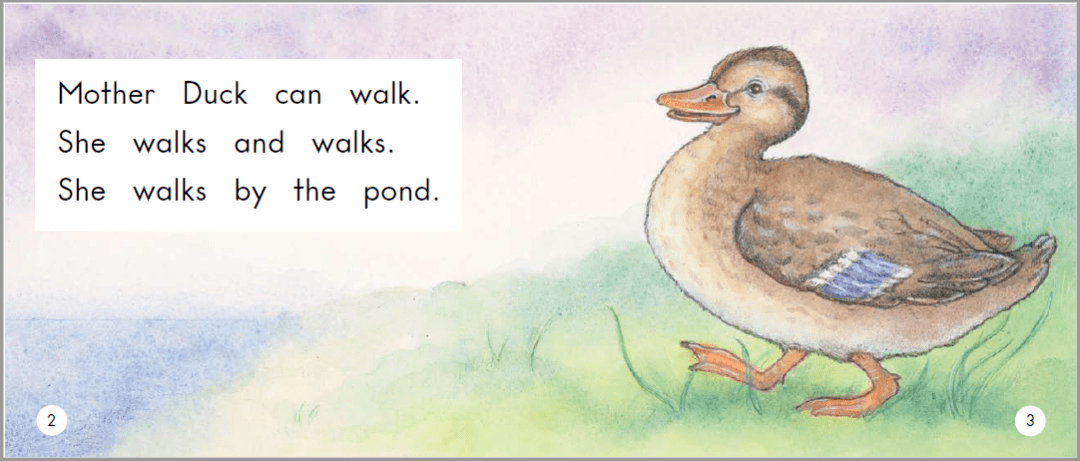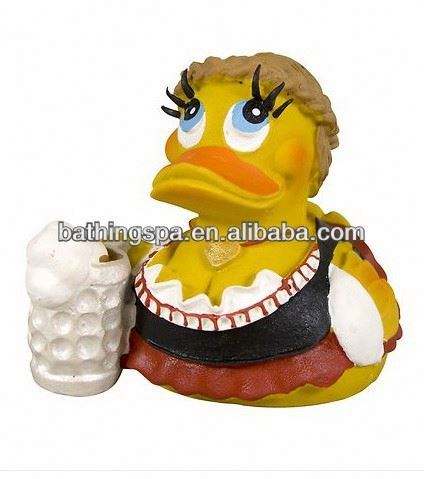Title: Does Duck Feather Comforter Have a Bad Smell?
If you've ever wondered whether duck feather comforters have a bad smell, you're not alone. This common question has caused much debate among consumers. Some people claim that duck feather comforters have a distinct odor that can be unpleasant or even nauseating. Others, however, argue that these comforters have no more of a smell than any other type of feather bedding. The truth is, the smell of duck feather comforters can vary depending on the specific product and its age. Newer comforters are typically cleaned and processed to remove any natural odors, so they may have little to no smell at all. As they age, however, feathers absorb odors from the environment, so a duck feather comforter could develop a bad smell if it's not properly cleaned or stored. To avoid a bad smell, it's essential to choose a high-quality duck feather comforter and follow the manufacturer's cleaning instructions. With proper care, your comforter should remain odor-free for years to come.
When it comes to bedding, many people prefer to use natural materials like duck feather for their comfort and warmth. However, one common concern is whether duck feather comforters may have a bad smell. To answer this question, let’s take a closer look at the characteristics of duck feather and how it relates to odor.
Firstly, duck feather is a highly insulating material that possesses a unique structure that allows it to trap air and provide warmth without feeling bulky. This quality is what makes it such a popular choice for comforters. However, the same qualities that make duck feather an excellent insulator also mean that it can retain odors.
Now, when we talk about odors, it’s important to distinguish between “normal” and “bad” smells. Ducks, like all birds, have a natural scent that is often described as “gamey” or “musty.” This scent is part of their natural habitat and is not necessarily considered a “bad” smell. In fact, many people find the scent of duck feather comforting or even pleasant.

On the other hand, if your duck feather comforter has a distinctively unpleasant or “bad” smell, there are a few possible causes. Firstly, if the feather is not processed properly during manufacturing, it can retain impurities or bacteria that cause odors. Additionally, if the comforter is not cleaned or aired out regularly, it can accumulate dust, sweat, and other debris that contribute to bad smells.
To avoid these problems, it’s important to choose a high-quality duck feather comforter that is processed and cleaned properly. Additionally, you should air out your comforter regularly to allow it to dry and absorb any unpleasant odors. If you live in a particularly humid or rainy area, you may need to air out your comforter more frequently to prevent moisture buildup and associated odors.
Another consideration is the use of artificial materials in the construction of the comforter. While some manufacturers may use synthetic materials to enhance the comfort or durability of their products, these materials may also contribute to bad smells if they are not of good quality or are not cleaned properly. Therefore, it’s always best to choose a comforter that is made primarily from natural materials like duck feather for the best in comfort and odor control.

In conclusion, duck feather comforters do not necessarily have a “bad” smell per se. The scent of duck feather is often described as unique and comforting by many people. However, if your comforter has a distinctively unpleasant odor, it may be due to poor manufacturing practices or lack of proper care and cleaning. To avoid these problems and ensure a comfortable sleeping experience, it’s important to choose a high-quality duck feather comforter and to air it out regularly in well-ventilated areas to absorb unpleasant odors and moisture before they become permanent stains on the surface of the material itself.
Articles related to the knowledge points of this article:
Title: Creating a Down Comforter: The Perfect Fabric Choice for Your Home
Title: The Art of Choosing the Right Down Sleeping Pad Size
Title: A Comprehensive Guide to Down comforter Brands
Title: The Art of Sewing a Down Comforter Cover: A Comprehensive Guide
The art of patching quilts: a heritage of warmth and comfort



